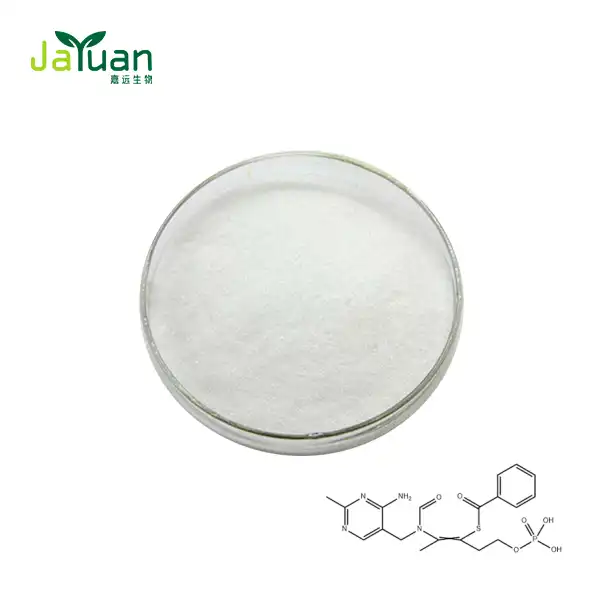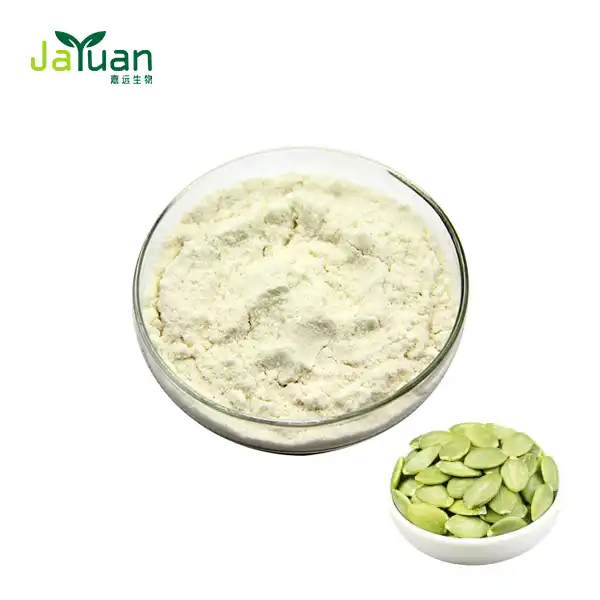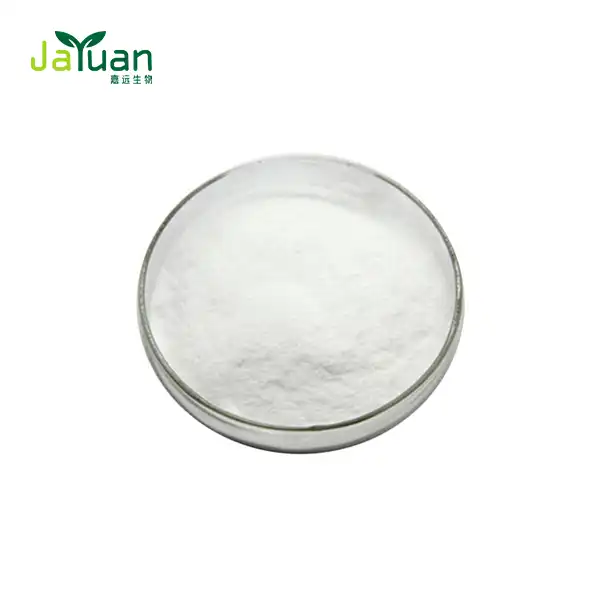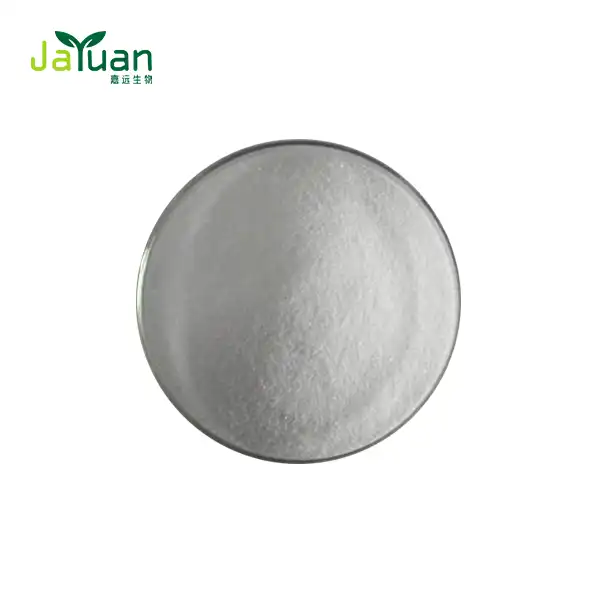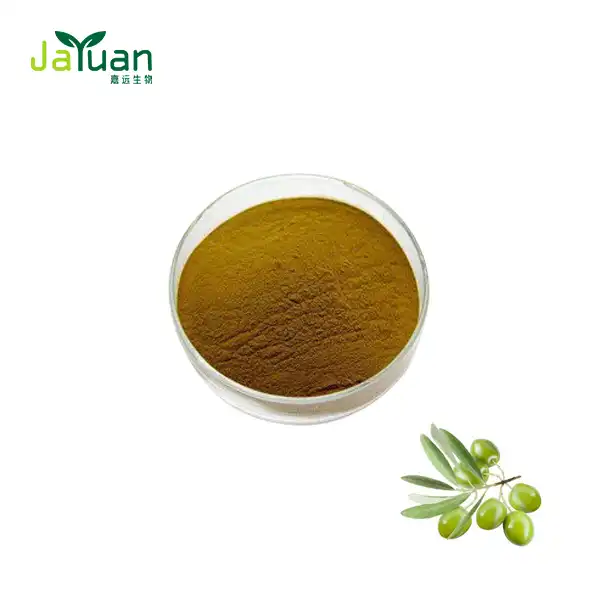Can liquiritin Protect the Liver?
Liver health is a crucial aspect of overall well-being, and many people are turning to natural compounds to support this vital organ. One such compound gaining attention is liquiritin, a flavonoid found in licorice extract. This article explores the potential liver-protective properties of the product and how it may contribute to maintaining optimal liver function.

Shielding Liver Cells from Toxin Damage
The liver plays a central role in detoxifying harmful substances in our body. It's derived from licorice powder, has shown promising results in protecting liver cells from various toxins.
Antioxidant Properties of Liquiritin
It possesses potent antioxidant properties, which help neutralize free radicals and reduce oxidative stress in liver cells. This antioxidant action is crucial in maintaining the integrity of cellular membranes and preventing damage to liver tissue.
Modulation of Enzyme Activity
Research suggests that the product may modulate the activity of certain liver enzymes involved in detoxification processes. By optimizing enzyme function, it could enhance the liver's ability to process and eliminate harmful substances more efficiently.

Alcohol-induced Liver Injury Prevention
Excessive alcohol consumption is a leading cause of liver damage worldwide. It's a component of Licorice Extract, may offer some protection against alcohol-induced liver injury.
Reduction of Inflammatory Markers
Studies have indicated that liquiritia may help reduce inflammatory markers associated with alcohol-induced liver damage. By mitigating inflammation, the product could potentially slow down the progression of alcohol-related liver diseases.
Preservation of Liver Function
It has been observed to help preserve liver function in the face of alcohol exposure. It may do this by maintaining the balance of certain liver enzymes and preventing the accumulation of harmful lipids in liver tissue.
Regeneration of Damaged Liver Tissue
The liver has a remarkable ability to regenerate, and certain compounds like it may support this process. Let's explore how this herbal extract component might aid in liver tissue regeneration.
Stimulation of Cell Proliferation
Some research suggests that the product may stimulate the proliferation of hepatocytes, the primary functional cells of the liver. This potential to promote cell growth could be beneficial in cases where liver tissue has been damaged.
Enhancement of Liver Repair Mechanisms
It might also enhance the liver's natural repair mechanisms. By supporting the production of proteins involved in tissue repair and regeneration, it could potentially accelerate the healing process in damaged liver tissue.
Modulation of Fibrosis Pathways
Liver fibrosis is a common consequence of chronic liver injury. Some studies indicate that the product may modulate pathways involved in fibrosis development, potentially slowing down or even reversing this process in some cases.

The Role of Liquiritin in Liver Metabolism
Beyond its protective and regenerative properties, the product may also play a role in supporting overall liver metabolism.
Regulation of Lipid Metabolism
Research suggests that it might help regulate lipid metabolism in the liver. This could be particularly beneficial in conditions like non-alcoholic fatty liver disease (NAFLD), where excessive fat accumulation in the liver is a concern.
Glucose Homeostasis
Some studies indicate that the product may contribute to maintaining glucose homeostasis, which is partly regulated by the liver. This potential effect could have implications for metabolic health and energy balance.
Potential Mechanisms of Action
Understanding how the product exerts its effects on the liver is crucial for appreciating its potential benefits. Let's explore some of the proposed mechanisms of action.
Activation of Antioxidant Pathways
It may activate certain antioxidant pathways in liver cells, enhancing their ability to combat oxidative stress. This could involve the upregulation of antioxidant enzymes or the direct scavenging of free radicals.
Modulation of Inflammatory Signaling
Research suggests that the product might modulate inflammatory signaling pathways in the liver. By influencing the production or activity of inflammatory mediators, the product could help maintain a balanced inflammatory response.
Interaction with Cell Signaling Pathways
It may interact with various cell signaling pathways involved in liver function and health. This could include pathways related to cell survival, proliferation, and metabolism.

Considerations for Its Supplementation
While the potential benefits of the product for liver health are intriguing, it's important to consider several factors when thinking about supplementation.
Dosage and Safety
The optimal dosage of the product for liver health has not been firmly established. Moreover, the safety profile of long-term its supplementation needs further study. It's crucial to consult with a healthcare professional before starting any new supplement regimen.
Quality and Source about it
The quality and source of the product can significantly impact its potential benefits. Opting for high-quality licorice powder or Licorice Extract from reputable sources is essential to ensure purity and potency.
Potential Interactions
It may interact with certain medications or have effects on various bodily systems. It's important to consider potential interactions, especially for individuals with pre-existing health conditions or those taking medications.
Future Directions in Liquiritin Research
The field about its research, particularly in relation to liver health, is still evolving. Several areas warrant further investigation to fully understand the potential of this compound.
Clinical Trials
While preclinical studies have shown promising results, more robust clinical trials are needed to confirm the efficacy of the product in human liver health. These studies could help establish optimal dosages and identify specific populations that might benefit most from its supplementation.
Long-term Effects
The long-term effects about it supplementation on liver health and overall well-being need to be thoroughly investigated. This includes assessing both potential benefits and any possible adverse effects of prolonged use.
Combination with Other Compounds
Exploring the potential synergistic effects of the product with other liver-supportive compounds could open up new avenues for liver health support. This could lead to the development of more comprehensive and effective liver health formulations.

Conclusion
Liquiritin, a component of licorice extract, shows promising potential in supporting liver health through various mechanisms. From protecting against toxin damage to potentially aiding in tissue regeneration, the product offers intriguing possibilities for liver support. However, it's important to approach it supplementation with caution and under professional guidance.
As research in this area continues to evolve, we may gain a deeper understanding of how it and other natural compounds can be leveraged to promote optimal liver function and overall health. The journey of discovering nature's contributions to our well-being is ongoing, and it represents an exciting chapter in this exploration.
If you're interested in learning more about it or other natural extracts for liver health, don't hesitate to reach out to us at sales@jayuanbio.com and sales1@jayuanbio.com. Our team of experts is always ready to provide you with the latest information and high-quality products to support your health and wellness goals.
At Jayuan Bio, we're committed to delivering premium herbal extracts backed by scientific research. Our state-of-the-art facilities and rigorous quality control processes ensure that you receive only the finest products. Whether you're a healthcare professional, a manufacturer, or a health-conscious individual, we're here to support your journey towards optimal health. Contact us today to discover how our premium product and other natural extracts can benefit you!
References
1. Zhang, L., et al. (2019). Protective effects of liquiritin on hepatic injury induced by ethanol in rats. Phytotherapy Research, 33(8), 2128-2137.
2. Wang, Y., et al. (2020). Liquiritin attenuates alcoholic liver injury via inhibition of inflammatory response and oxidative stress. Journal of Functional Foods, 68, 103922.
3. Li, X., et al. (2018). Liquiritin promotes the growth and differentiation of hepatic progenitor cells through the MAPK pathway. Molecular Medicine Reports, 17(4), 5746-5752.
4. Chen, H., et al. (2021). Liquiritin ameliorates liver fibrosis by suppressing the TGF-β1/Smad signaling pathway. European Journal of Pharmacology, 896, 173904.
5. Liu, Y., et al. (2022). Liquiritin regulates hepatic lipid metabolism and alleviates non-alcoholic fatty liver disease in high-fat diet-induced obese mice. Food & Function, 13(2), 1024-1036.
6. Zhao, Z., et al. (2023). The protective effects of liquiritin on liver injury: A comprehensive review of mechanisms and therapeutic potential. Phytomedicine, 108, 154440.

